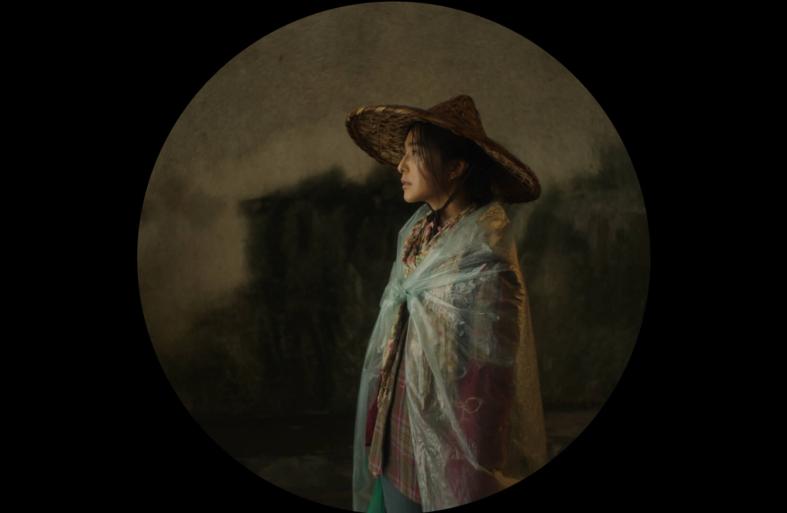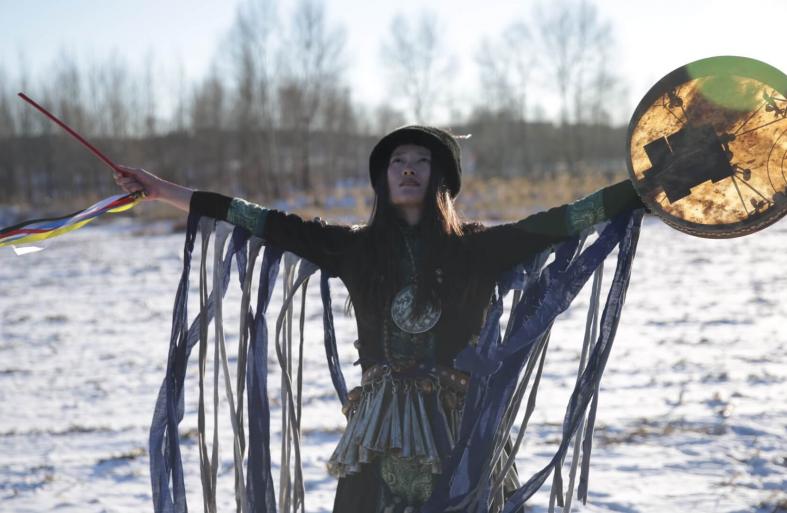In recent years, Chinese cinema has seen huge success, with screenings at prominent film festivals. This program aims to focus on some of these films. The history of Chinese cinema is fraught with crises and changes as a result of the political upheavals that China has undergone. However, since the late 1980s, one can see a long and impressive sequence of works, some of which have also been recognized by the Israeli public. The current boom in Chinese cinema is being led by a new and younger generation of filmmakers, and one of the characteristics of their work - as the films in this program show - is dealing with cinematic fundamental questions of time and space: an attempt to capture real time through long, overlapping shots, drifting between time and space that is crammed into a regular cinematic frame, playing with the image size, switching between times and colors, and changing from two-dimension to three-dimension. These films range from the fringe to the consensus, between the city and the countryside, at the center of which are stories related to the world of crime, broken family and social boundaries. This variety of cinematic means attest to a vibrant cinematic thought that seeks new ways to tell stories. The program will also present two films that offer a more realistic and restrained style; films that use human and geographical landscapes to also explore the tension between the rural and center and the tensions between tradition and progress. The program is indicative of the vitality of Chinese cinema from recent years - which has a great deal of boldness and freedom, and is certainly one of the most intriguing cinematic territories today.
A First Farewell
The serene life of Isa, a young Uighur boy from the Xinjiang Province in the Republic of China, is upended by several separations. With beautiful cinematography and outstanding performances A First Farewell offers a rewarding glimpse into the challenges faced by a Muslim minority.







